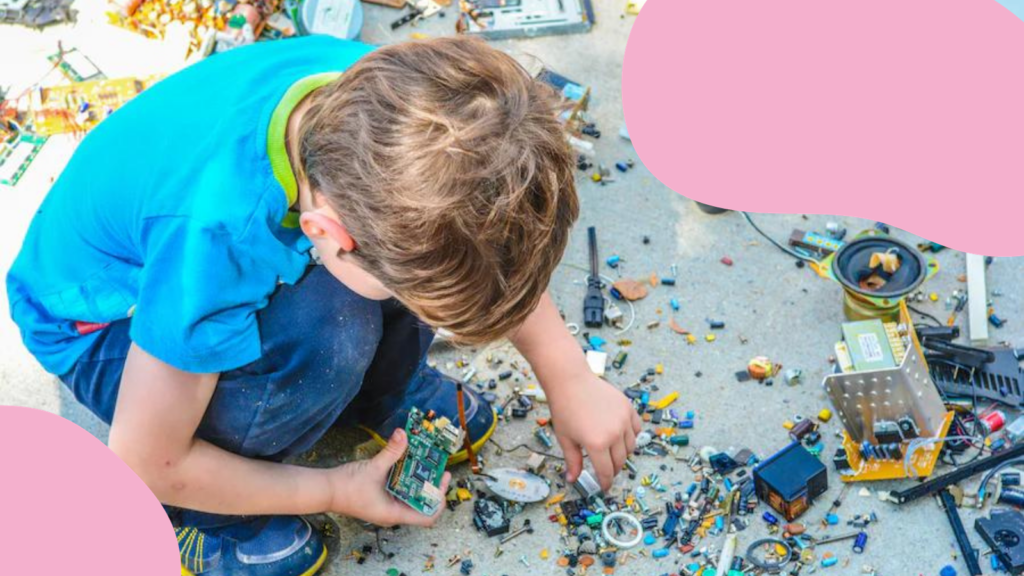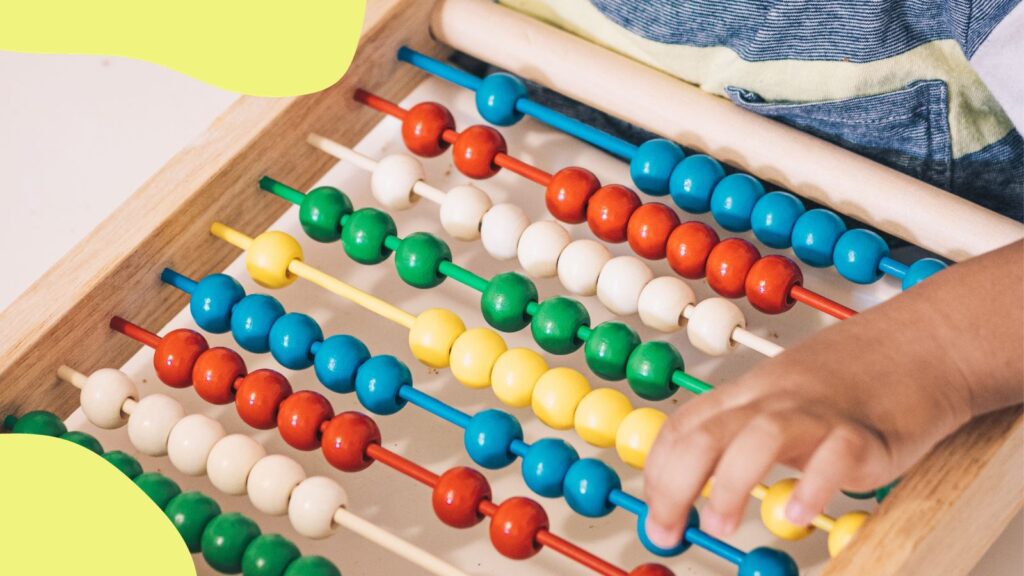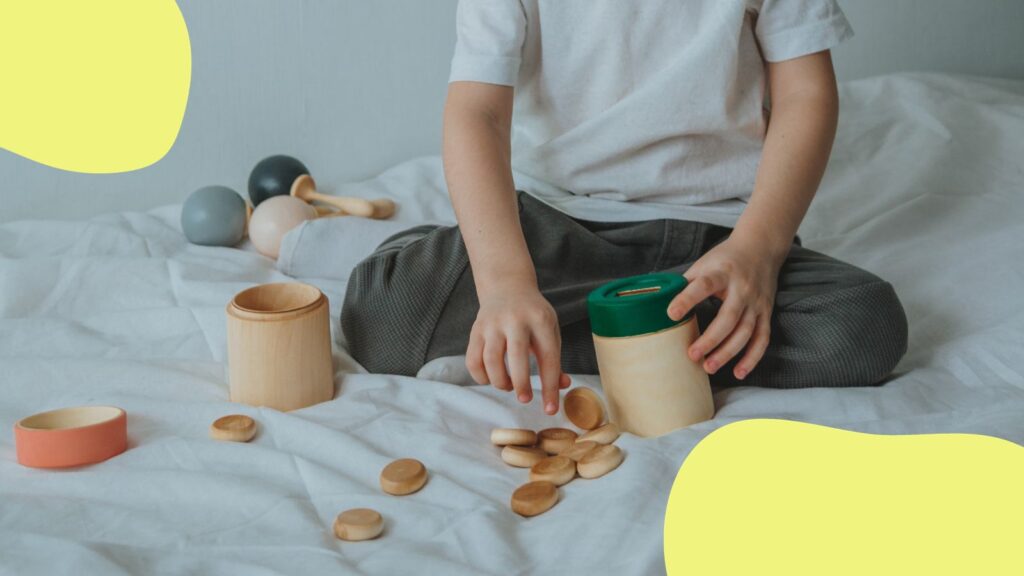The Power of Open-Ended Play: Fostering Creativity, Problem-Solving, and Emotional Intelligence in Children
Open ended play: Nurturing Creativity and Development in Children – My Montessori MorningIn the fast-paced and technology-driven world we live in, it’s crucial to recognize the importance of open-ended play in the development of children. Open-ended play refers to activities that lack a specific outcome or predetermined set of instructions, allowing children to explore, create, and learn in an unstructured and imaginative manner. The value of open-ended play has been topic of research by the Michigan State University. They found that open-ended play materials allow children to make choices, express their creativity and support their independence. This type of play is essential for the holistic development of children, problem-solving skills, social interactions, and emotional intelligence.
Open-ended play encourages creativity and imagination
Open-ended play provides a blank canvas for children to unleash their creativity and imagination. Unlike structured activities with specific rules, open-ended play allows children to invent their own scenarios, characters, and narratives. Whether it’s building with blocks, playing with dolls, or creating imaginary worlds, open-ended play stimulates the creative centers of a child’s brain, laying the foundation for innovative thinking later in life.
Open-ended play develops problem-solving skills
Engaging in open-ended play encourages children to think critically and solve problems independently. Without predefined rules or solutions, children must use their creativity and cognitive abilities to navigate challenges, make decisions, and adapt their play based on the situation. These problem-solving skills are transferable to various aspects of life, contributing to a child’s ability to tackle challenges and approach situations with confidence.
Open-ended play enhances social and emotional skills
Open-ended play often involves collaboration and cooperation, providing valuable opportunities for children to develop social skills. Whether negotiating roles in a make-believe game or sharing resources in a building project, children learn to communicate, empathize, and work together. These social interactions contribute to the development of emotional intelligence, helping children understand and manage their emotions while also fostering empathy and understanding towards others.
Open-ended play cultivates independence and self-expression
Open-ended play empowers children to take charge of their play experiences, making decisions and expressing themselves freely. This autonomy is crucial for the development of independence and self-confidence. As children explore their interests and preferences in an unstructured environment, they gain a sense of identity and self-worth, setting the stage for a more confident and self-assured adulthood.
FREE TEMPLATE
Our free to download activity template serves as a structured guide, streamlining planning and execution while ensuring consistency and efficiency. It facilitates organization and standardization, saving time and effort in activity preparation and implementation.

Open-ended play fosters a love for learning
Play is a child’s natural way of learning, and open-ended play makes the learning process enjoyable and engaging. Through hands-on exploration and experimentation, children develop a curiosity for the world around them. Whether they are constructing a fort, mixing colors in an art project, or engaging in imaginative play, children are constantly learning and absorbing information, laying the groundwork for a lifelong love of learning.




In a world filled with screens and structured activities, it is crucial to recognize and prioritize the benefits of open-ended play in children’s development. By fostering creativity, problem-solving skills, social interactions, and emotional intelligence, open-ended play equips children with the tools they need to thrive in a rapidly changing world. As parents, educators, and caregivers, embracing and encouraging open-ended play is an investment in the well-rounded development and future success of the next generation.
This article may contain affiliate links. If you use these links to purchase an item we may earn a commission.
Grab your free download
Explore our array of free downloads, templates, and guides designed to support your Montessori journey.




